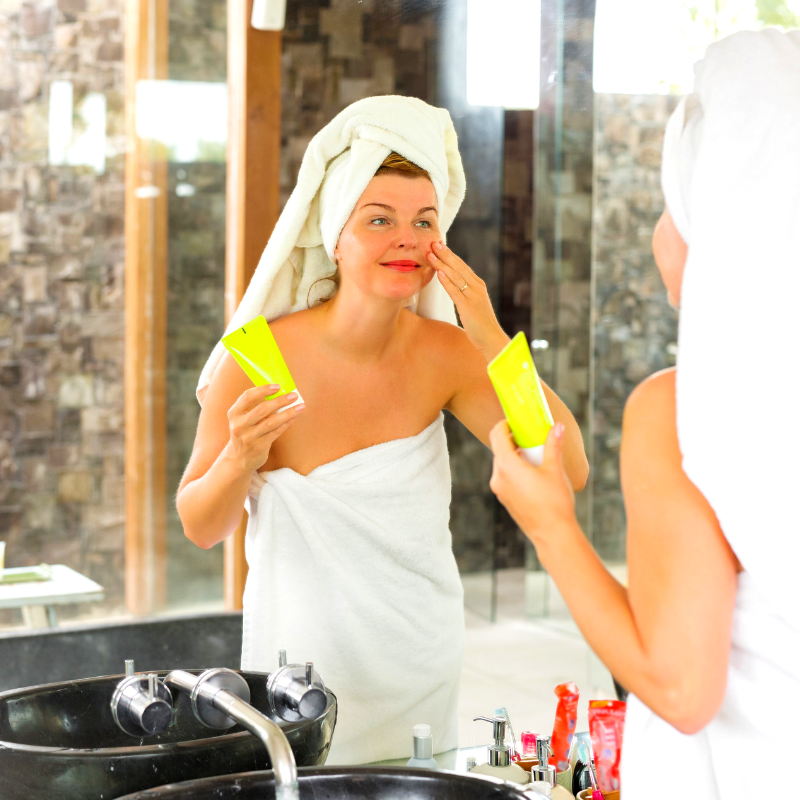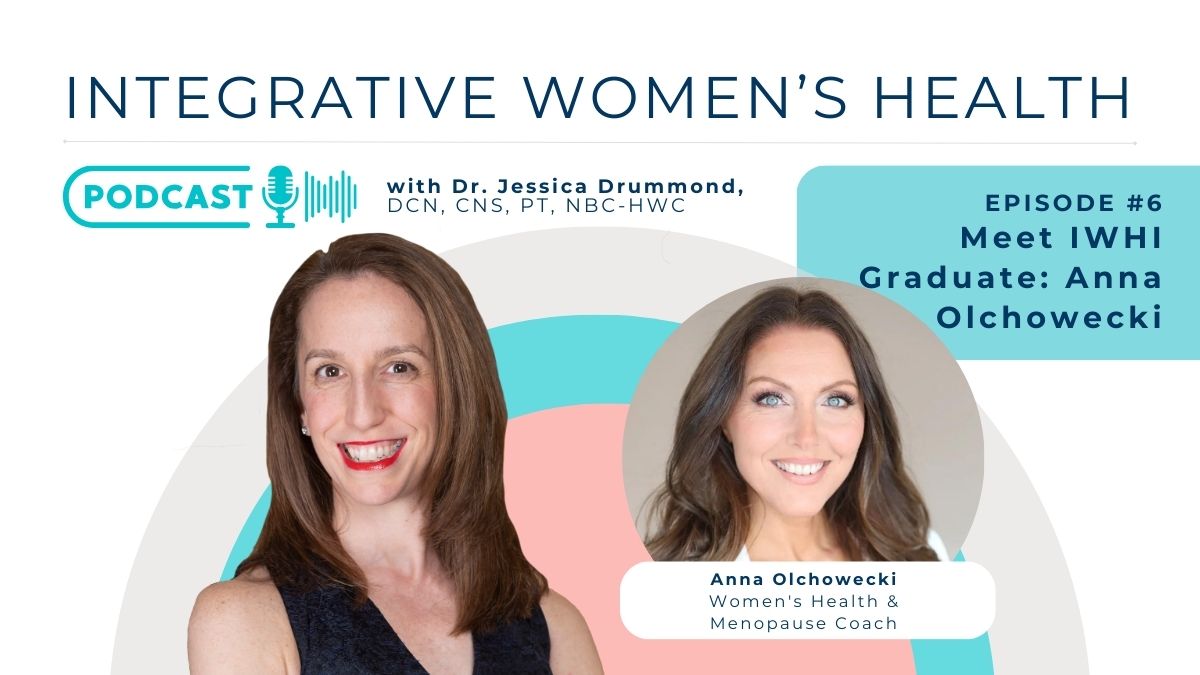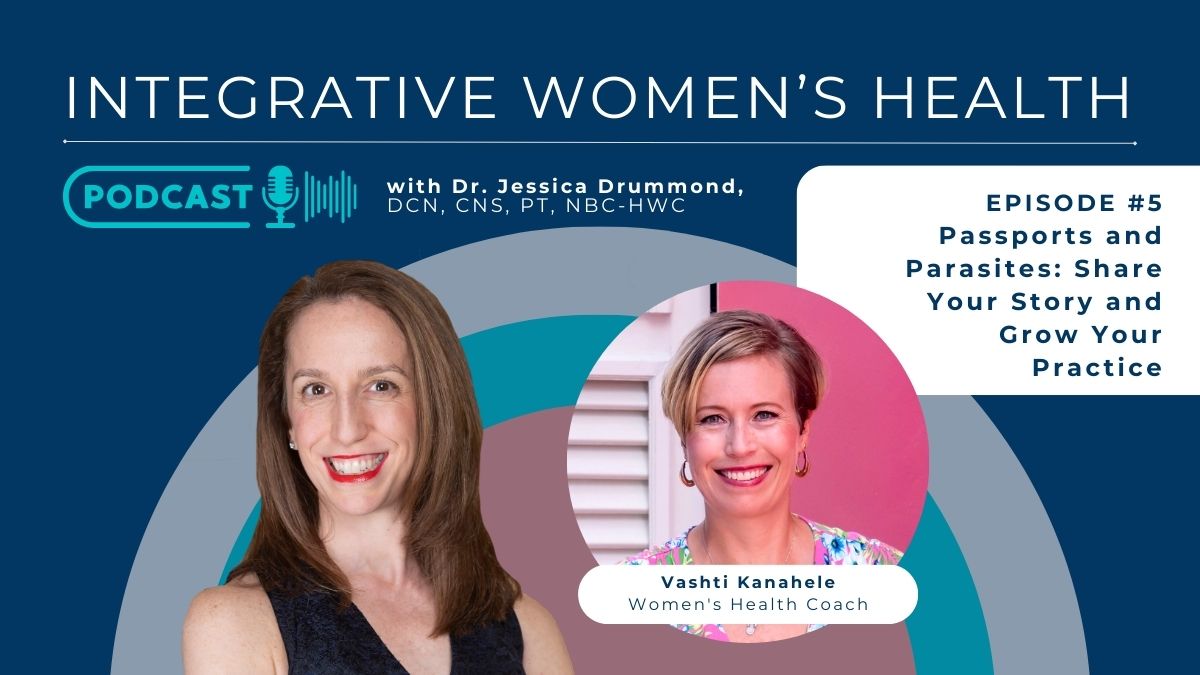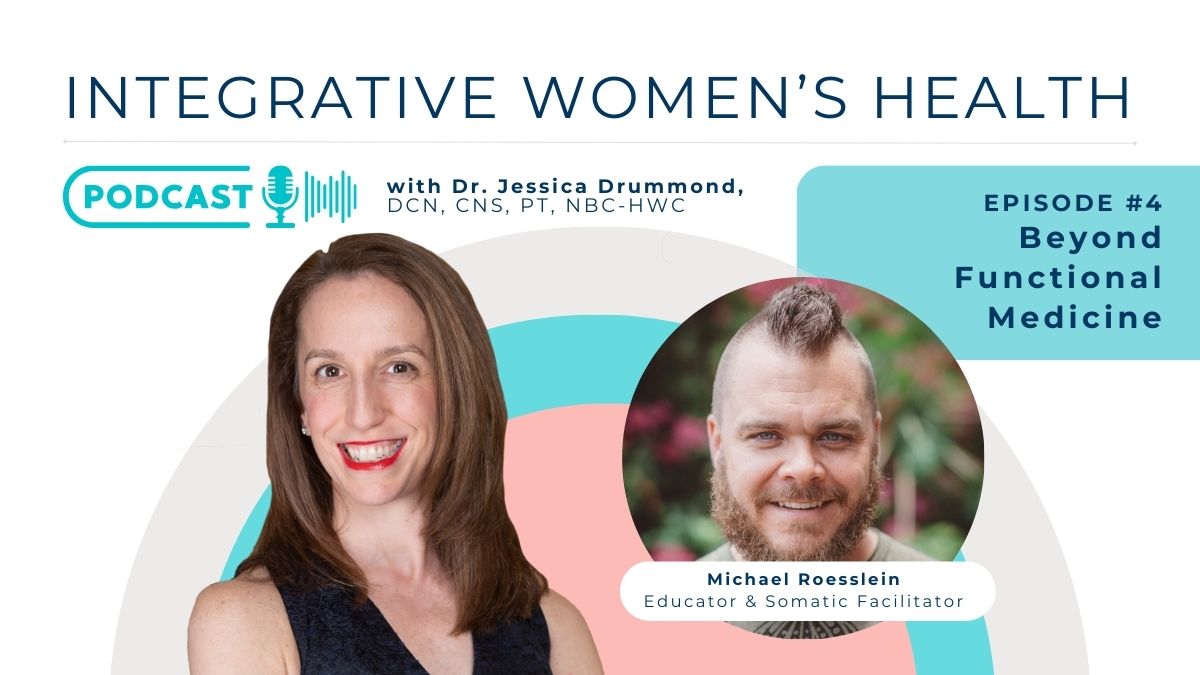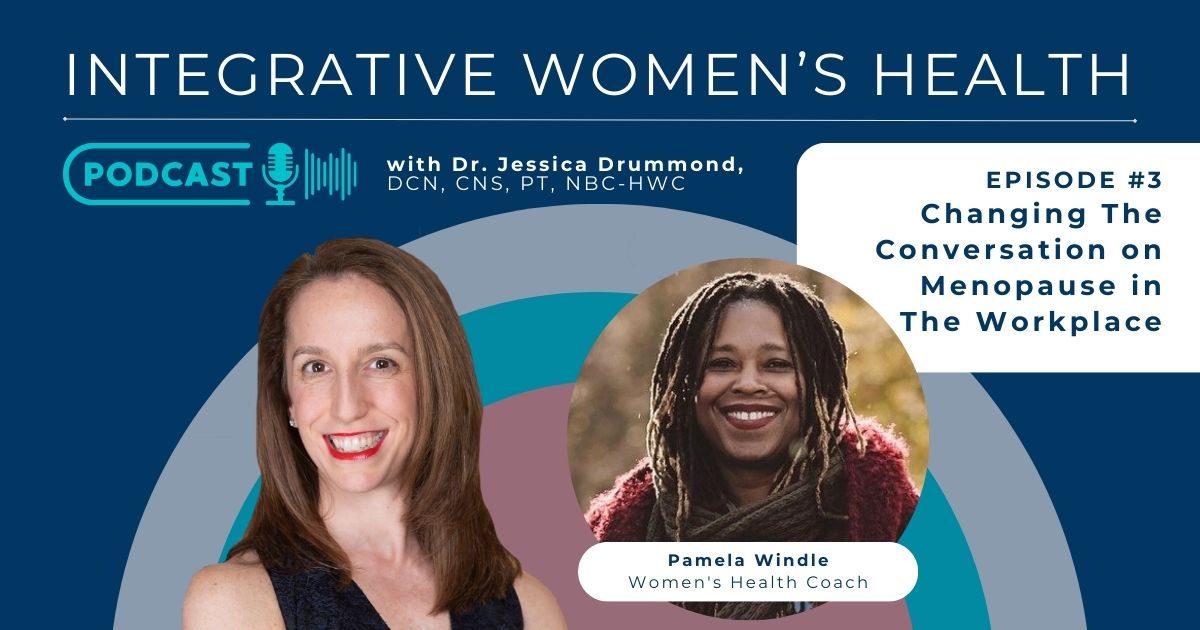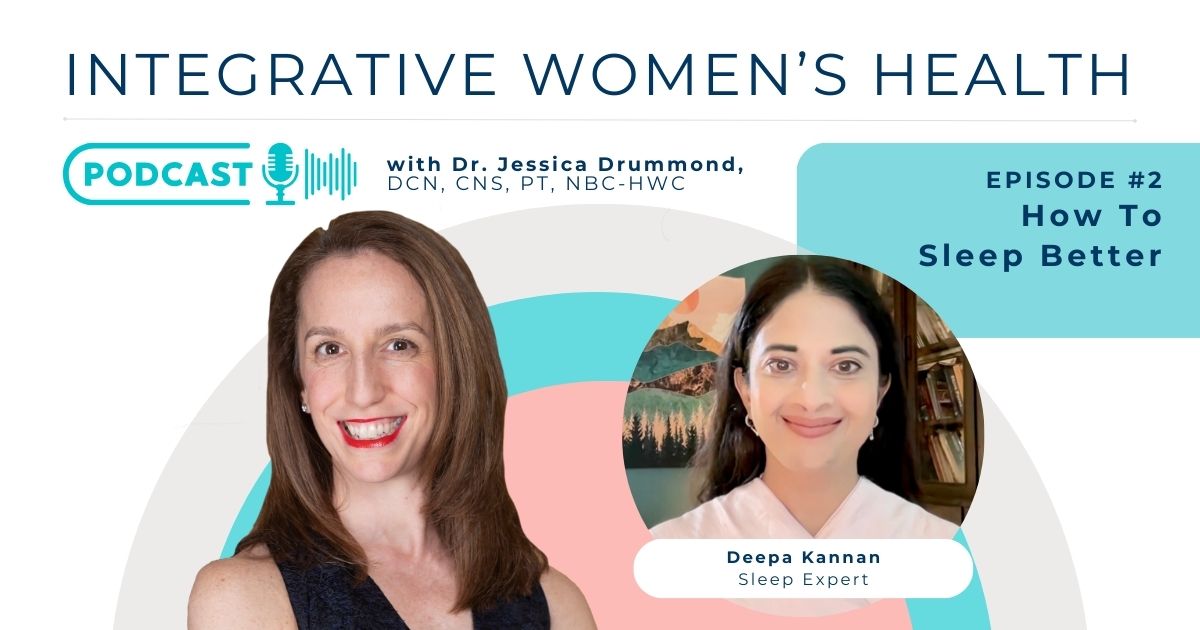Conventional creams and pills don’t address what causes acne.
Acne is a common problem for teens. Eighty-five percent of 12-24 year olds experience acne. It’s a growing problem for adult women as well. Fifteen percent of us also struggle with acne.
For most women with acne, whether it’s in their teens or beyond, the conventional recommendations for treatment are either hormonal birth control pills, topical benzoyl peroxide and/ or topical antibiotics. Tretinoin (Retin-A), Isotretinoin (Accutane) and other medical treatments are available in more severe cases.
Unfortunately, Retin A can cause severe sunburns, and Accutane causes birth defects and may cause depression and liver damage, especially when combined with protein supplements.
These medical options mask the underlying root causes of acne.
Instead, I recommend supporting the skin systemically to improve the health of the skin as a reflection of the health of the body’s systems. Supporting overall health supports healthy, glowing, skin.
What causes acne?
- Gut dysbiosis
- Yeast overgrowth
- Estrogen dominance
- Excess androgens
- Elevated insulin (Insulin stimulates the production of androgens.)
- Low progesterone
- Skin bacterial overgrowth
- Nutrient deficiencies: Including deficiencies in omega-3 fats, zinc, antioxidants, zinc, and possibly Vitamin A , Vitamin D, and iodine.
- Dairy and other food sensitivities
Supporting healthy skin from the inside out.
Since what causes acne is variable from person-to-person, strategies are needed to support all of these underlying causative factors.
Start with a clean, nutrient-dense nutrition plan.
Start with a clean, nutrient-dense diet. Digestive health is at the bottom of the pyramid to address gut dysbiosis (to simplify: an imbalance in bad vs. good bacteria in the gut), elevated insulin, food sensitivities, and nutrient deficiencies. Let’s start there.
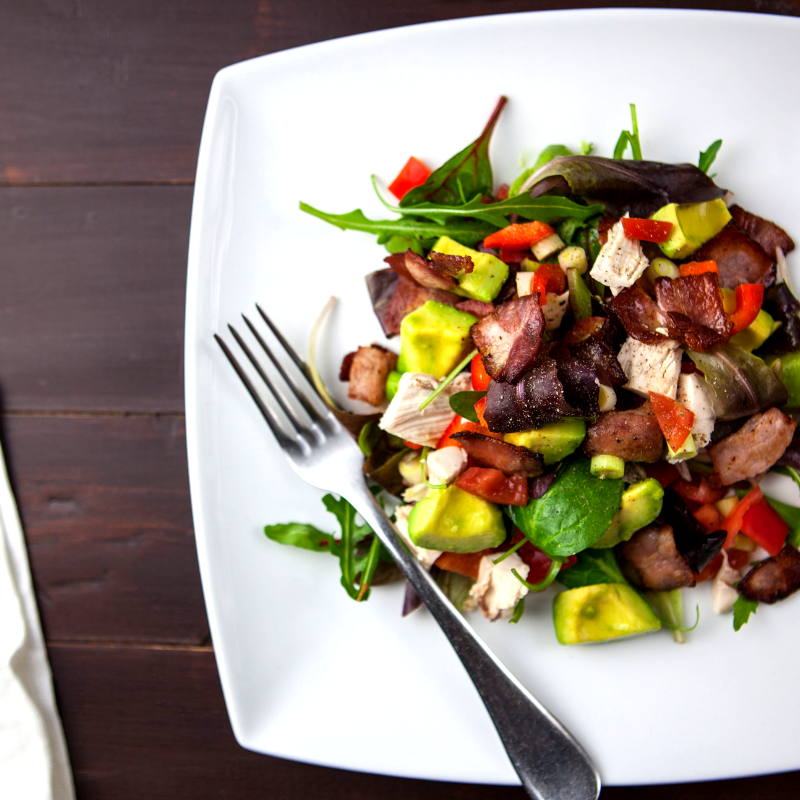
Start with filling half of your plate with non-starchy vegetables. Then, divide the other half into thirds – one-third protein, one-third healthy fat, and one-third starchy veggies or whole grains. Sprinkle in some colorful fruit once or twice a day.
What are some non-starchy vegetables?
Leafy greens, mushrooms, asparagus, broccoli, cauliflower, cabbage, peppers, onions, garlic, and leeks…
What’s clean protein?
Non-factory farmed and organic meat and poultry, wild fish, wild game, beans…
What’s healthy fat?
Nuts and seeds, avocado, coconut oil, olive oil, olives, and some other cold pressed oils…
What are starchy vegetables or whole grains?
Potatoes, sweet potatoes, squash (summer or winter), carrots, amaranth, millet, rice, and oats…
Keep the nutrition plan simple to start, if there are any more complex food sensitivities or nutrient needs, connect with your health coach or nutritionist.
Most people can benefit from chewing more (ideally 25-40 chews per bite), and eating each meal more slowly. Reduce sugar and dairy to normalize insulin levels, reduce inflammation, and support healthy estrogen and androgen levels.
Digestive system issues that can cause acne.
Sometimes it takes more than a clean diet to optimize digestive health to support skin health. Digestive enzymes, probiotics, and other digestive support supplements are essential for many people when dietary changes alone are not enough. Work with your qualified nutrition professional for more detail on your unique supplement needs.
Strong digestive function + a nutrient-dense diet is the first step to replenishing nutrient deficiencies. Work with your nutritionist to determine which supplements, such as zinc, fish oil, and Vitamin D will fill in your individual gaps.
What about the direct skin causes of acne?
Sometimes bacteria directly on the skin worsen acne. To address the skin topically, using a gentle cleansing and moisturizing system that does not contain hormone-disrupting chemicals is the first step. In addition, several essential oils have been shown to be directly supportive of surface skin health.
Cleansers and moisturizers that don’t disrupt hormonal health:
Annmarie Gianni Skincare
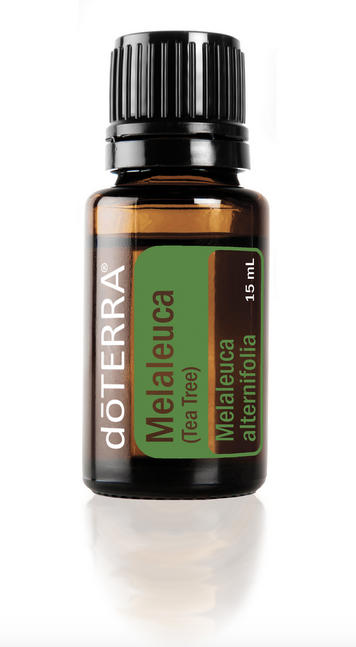
Skin supportive essential oil recipes:
Clean Skin Roller Ball Recipe
5 drops Melaleuca
5 drops Frankincense
5 drops Lavender
5 drops Lemon or Wild Orange
Add to 10 mL roller and top with fractionated coconut oil or carrier oil of choice. Apply to areas of need twice a day.
Moist and Clear Skin Recipe
2 pumps Verage moisturizer
2 drops Yarrow Pom
1-2 drops Purify
1-2 drops Frankincense
Combine and massage into face and neck 1-2 times daily.
Holistic Skin Health
For complete skin health, there is no one miracle potion or diet. Taking a comprehensive approach to nutrition, healthy bacterial balance (in the gut and on the skin), and balanced hormone levels is the key to clear, glowing skin that is a reflection of deeper health. Use these strategies daily for the best results.
Skin breakouts, irritation, or redness are like warning lights for deeper problems with your health. Work with your nutritionist and health coach to get to the bottom of what your skin is trying to tell you about your overall health.
Read More Posts About Skin Health:
- Skin Health Benefits of Dark Chocolate and Collagen
- Are Sunscreen Chemicals Riskier Than Sun Exposure?
References:
https://www.aad.org/media/stats/conditions/skin-conditions-by-the-numbers
DeKlotz CMC, Roby KD, Friedlander SF. (2017) Dietary Supplements, Isotretinoin, and Liver Toxicity in Adolescents: A Retrospective Case Series. Pediatrics, 140(4). pii: e20152940. doi: 10.1542/peds.2015-2940.
Dreno B, Martin R, Moyal D, Henley JB, Khammari A, Seité S. (2017) Skin microbiome and acne vulgaris: Staphylococcus, a new actor in acne. Exp Dermatol, 26(9), 798-803. doi: 10.1111/exd.13296.
Kucharska, A., Szmurło, A., & Sińska, B. (2016). Significance of diet in treated and untreated acne vulgaris. Postepy dermatologii i alergologii, 33(2), 81-6.
Ludot, M., Mouchabac, S., & Ferreri, F. (2015). Inter-relationships between isotretinoin treatment and psychiatric disorders: Depression, bipolar disorder, anxiety, psychosis and suicide risks. World journal of psychiatry, 5(2), 222-7.
Orchard, A., & van Vuuren, S. (2017). Commercial Essential Oils as Potential Antimicrobials to Treat Skin Diseases. Evidence-based complementary and alternative medicine : eCAM, 2017, 4517971.
Pappas A. (2009). The relationship of diet and acne: A review. Dermato-endocrinology, 1(5), 262-7.
Salem, I., Ramser, A., Isham, N., & Ghannoum, M. A. (2018). The Gut Microbiome as a Major Regulator of the Gut-Skin Axis. Frontiers in microbiology, 9, 1459. doi:10.3389/fmicb.2018.01459
Zeichner, J. A., Baldwin, H. E., Cook-Bolden, F. E., Eichenfield, L. F., Fallon-Friedlander, S., & Rodriguez, D. A. (2017). Emerging Issues in Adult Female Acne. The Journal of clinical and aesthetic dermatology, 10(1), 37-46.

